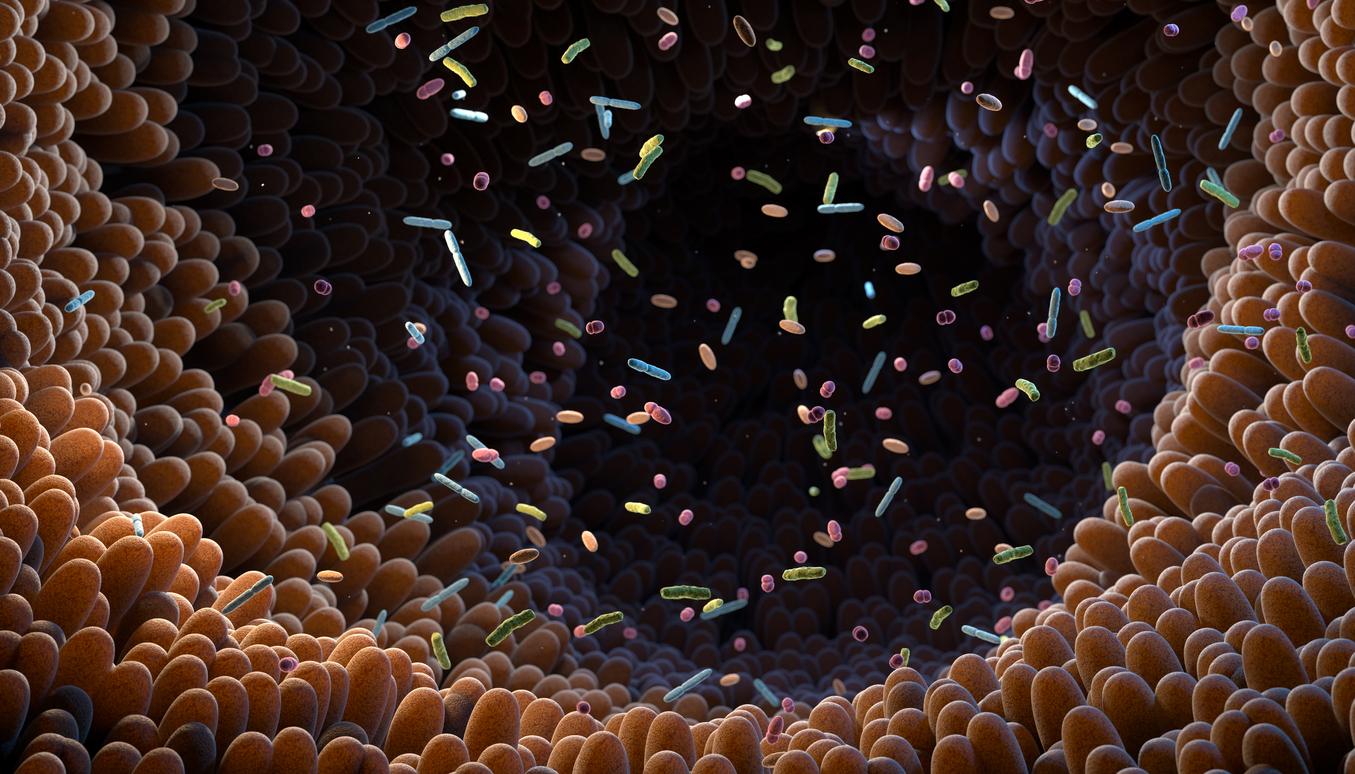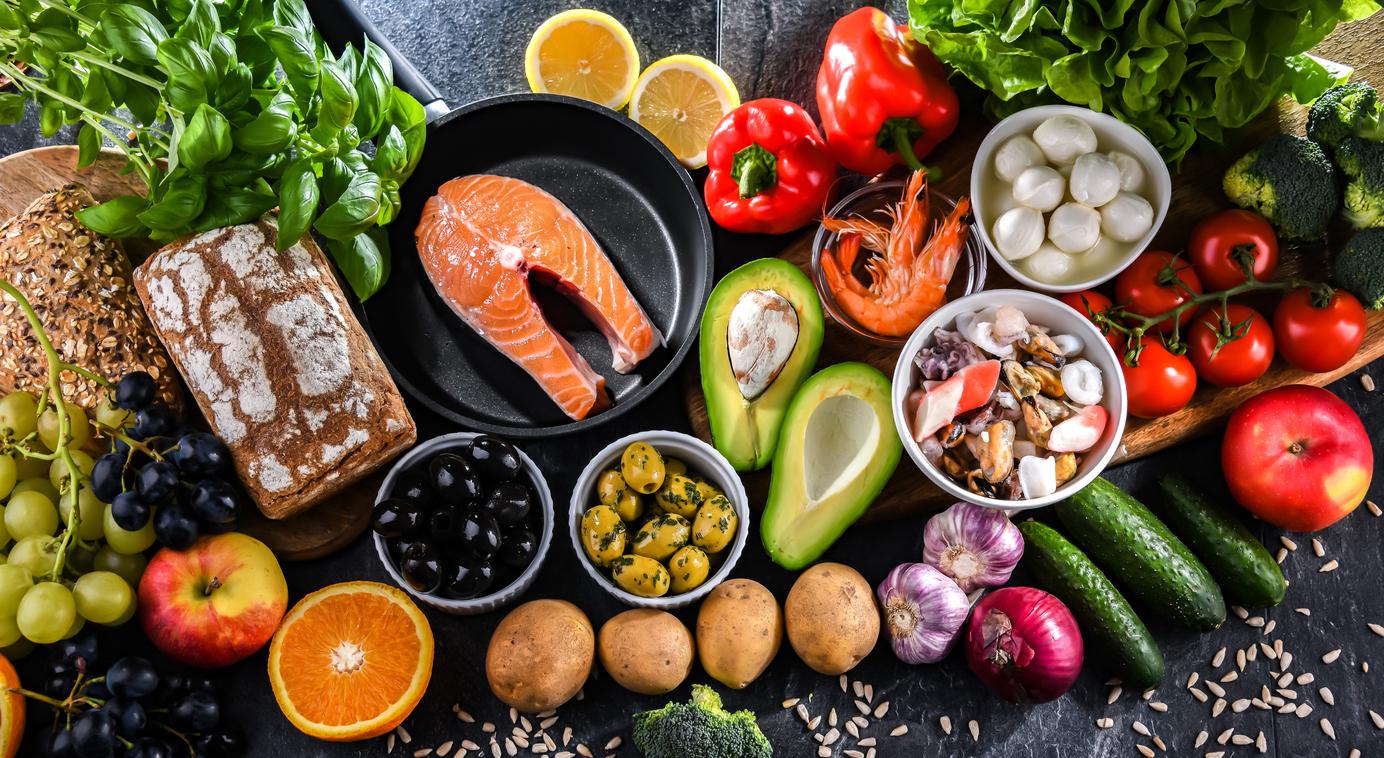Adopting a healthy plant diet stimulates cell repair and improving the health of the intestinal microbiota, two key mechanisms to delay aging, recalls a researcher.

- A healthy vegetable diet acts positively on two key mechanisms of aging: nutrient detection routes and intestinal microbiota. “A fiber -rich diet maintains good intestinal bacteria, strengthens immunity and reduces inflammation.”
- The study specifies, however, that it is necessary to distinguish the plant regimes beneficial from those which are harmful, recalling that ultra-transformed foods, even without meat, remain prejudicial to health.
- To avoid these traps, it is recommended to return to raw and natural foods, such as whole grains, legumes, oilseeds, seeds, low glycemic index and good fats.
Faced with the growing interest in plant -based diets, a new work by Professor Luigi Fontana and Chef Marzio Lanzini, researchers at the University of Sydney (Australia), offers a scientific approach to optimize health and longevity. The book, entitled Plant Power is part of a food development that affects more and more people, knowing that in Australia, almost 42 % of the population already says that they have chosen to reduce their meat consumption.
Why do some plant diets prolong life?
According to Professor Fontana, this transition is not only an ethical choice, but also a desire to boost your health and increase its life expectancy, giving its body the good nutrients. “We advise people to start with two days without meat per week, then to gradually increase up to five days”explains Professor Fontana in a press release. The objective? Stimulate cell repair and improve intestinal health.
The book is based on a study published in theEuropean Heart Journalco-owned by Luigi Fontana and Professor Walter Willett, of Harvard University. The conclusions are clear: a healthy plant diet acts positively on two key mechanisms of aging: nutrient detection routes and intestinal microbiota. “A fiber -rich diet maintains good intestinal bacteria, strengthens immunity and reduces inflammation, Precise Fontana. Without enough plant foods, these good intestinal bacteria die, weakening immunity and increasing the risk of illness. “
A vegetable diet is not always synonymous with health
One of the myths that the authors seek to deconstruct is the idea that eliminating meat is enough to improve health. Their analysis distinguishes indeed plant regimes beneficial from those which are harmful, recalling that ultra-transformed foods, even without meat, remain prejudicial to health. “Plant diets can be just as bad if you consume too many industrial products such as frozen pizzas, instant noodles or ultra-transformed meat substitutes”underlines Luigi Fontana.
To avoid these traps, the chief Marzio Lanzini recommends returning to a diet centered on raw and natural foods, such as whole grains (brown rice, millet, buckwheat), legumes (chickpeas, lentils, beans), oilseeds (nuts, almonds, pistachios), the seeds (linen, sunflower, chia), the fruit with low glycemic index (berries, apples, citrus), and finally good fats (olive oil, avocado …).

















